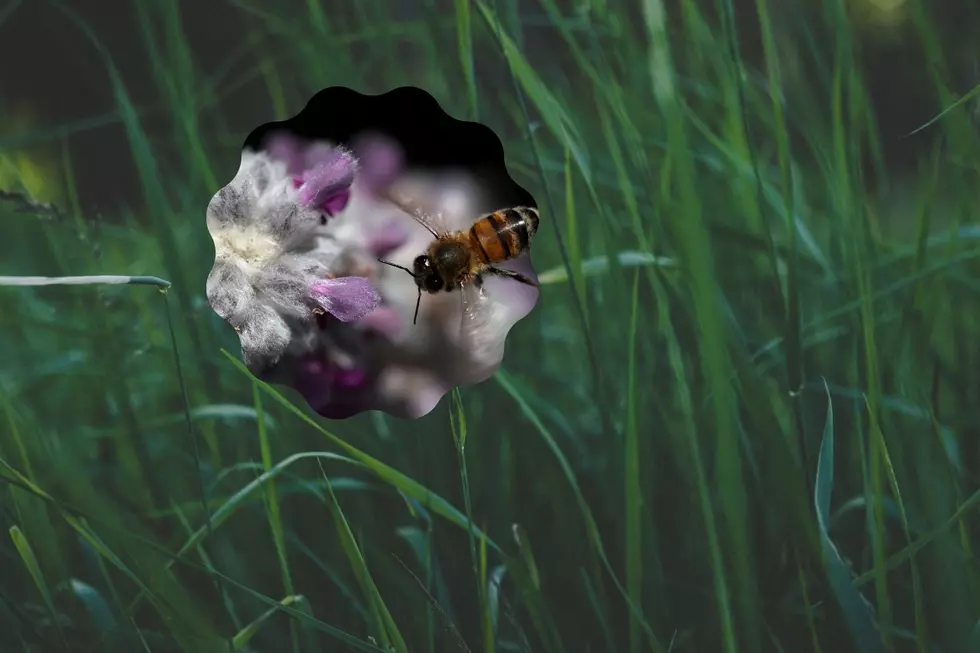
It’s Hard to Believe BEE-autiful ‘No Mow May’ for New England is Just Around the Corner
Editor's note: This article was written by a Townsquare Media Northern New England contributor and may contain the individual's views, opinions or personal experiences.
Oh we do love our lush, green, weed-free lawns. They're absolutely gorgeous to look at during our day trips and getaways around New England, and we're closing in on more of that beauty with spring with lawn prep time.
Whether you have your own yard to take care of, have a gardener, or just enjoy seeing other lawns, this love affair with beautiful landscaping is center stage for half the year,
Now, have you heard of No Mow May? It only started sweeping across New England in 2022. It was actually first adopted in Appleton, Wisconsin, during stay-at-home, according to Bee City USA, so its sweep across the country is finally catching on.
We know dandelions and other overgrown weeds and grass are unsightly and often considered a sign of neglecting your lawn; however, do you think you could live with it for a few weeks?
If those of us with lawns take a moment to avoid mowing, we can help increase the abundance and diversity of our bees and other pollinators. So, welcome to No Mow May.
Now if you're reading this into May or even after, I encourage you to not only remember it for next year, but still participate on your own volition this year and maybe have another 'no mow month', or even just a couple of weeks.
No matter how you participate, the general idea of not mowing is a conservation initiative, according to Bee City USA.
First popularized by Plantlife, an organization based in the United Kingdom, but which is gaining traction across North America. The goal of No Mow May is to allow grass to grow unmown for the month of May, creating habitat and forage for early season pollinators. This is particularly important in urban areas where floral resources are often limited.
Oh, here's one more note: if you live in an area with an overgrowth and weed ordinance or regulation, then something that towns have done is get city officials to suspend it during May.
In a study from the inaugural No Mow May year, by the way, residents that participated had three times more of bee species richness and five-times higher bee abundance than nearby parks that had been mowed.
If you're asking yourself, "what's the big deal about bee pollination," then the simple answer is that it's the most important thing that bees do, and needed for plants and flowers to reproduce. Most of the plants you see every day depend on bees and other insects as pollinators, according to Bees Techno Science.
What a BEE-autiful thing.
Oh, and if the bees and conservation aren't doing it for you, then how about this: No Mow May bee pollination supporter and home improvement extraordinaire Bob Villa adds that you'll have better color for the season with a much healthier lawn.
READ MORE: See 50 remote jobs that can pay well
The Hilariously Bad First Concerts of Rock's Biggest Bands
